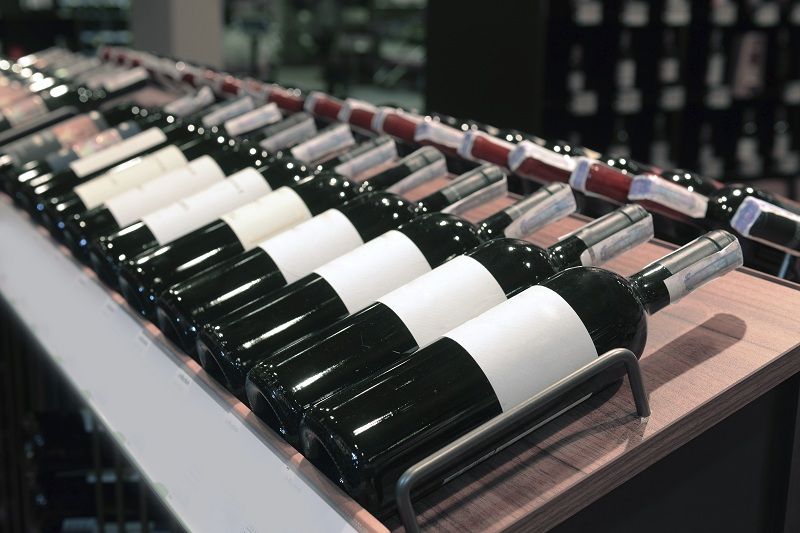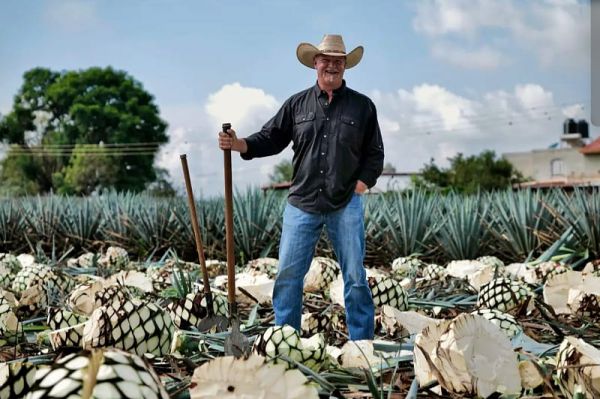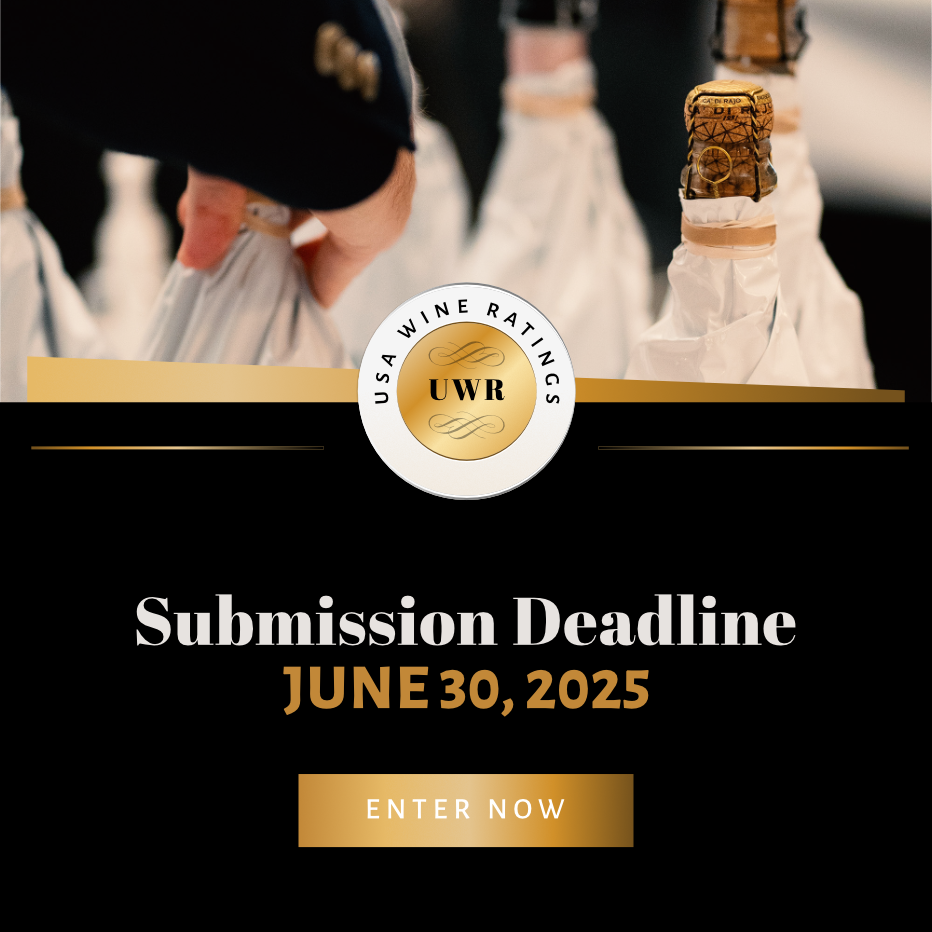Log in to your account
Lost password?News
How we can start preparing now for UK’s Brexit from the EU
Importers and distributors of wine around the world can start making plans now for how the UK will finally leave the EU and the likely impact that is going to have on the cost of doing trade deals between all key wine importing countries, including the UK.
31/07/2017
The fact the United Kingdom is set to end its membership of the European Union in March 2019 is hardly breaking news. Unless you are particularly close to the political scene, what exactly happens on a weekly basis between the two sides in deciding how the UK leaves the EU, is very much on a need to know basis.
But whatever has decided the exact trading terms for how the UK is now going to do business with the EU and the rest of the world will have enormous ramifications for the rest of the global wine industry.
If you are involved in the sourcing, selling, importing, buying and distributing of wine then you need to be completely on top of what the UK’s new trading relations are.
The UK remains one of the top five, if not top three, markets for the majority of wine producing countries in the world. How much wine it sells to the UK will determine the availability and the price for all the other key markets it operates in.
If the cost of selling your wine to the UK is significantly changed by Brexit then it will have a knock-on effect across the global importing and distribution of wine.
But with the final Brexit decision not to be made until March 2019 it is easy to kick the issue into the long grass. Think again. There are, to paraphrase Donald Rumsfeld’s some key “known knowns” that we can use now to make plans for whatever Brexit deal we end up with.
Deal or no deal
By signing the Article 50 bill the UK committed to leaving the EU on Friday, March 29. If no formal trading deal has been agreed by then how the UK trades wine with the rest of the world would immediately revert to operating under World Trade Organisation (WTO) trade tariffs.
Why is this important?
* It effectively changes any trading agreement any country currently has with the UK.
- Any wine imported into the UK from any country will now come under the jurisdiction of WTO tariffs. Not the agreements a country outside the EU currently has with the UK being part of the EU.
- Those trade deals with the EU would still be in place, but the ones for the UK would have to be ripped up.
- Unless there is a deal struck between the UK and EU that negates it, trade experts believe the WTO agreed tariffs are likely to be the ones used.
What are WTO trade tariffs?
There are currently three tiers of WTO tariffs that the EU uses as part of its WTO membership for wines imported into the EU from anywhere in the world.
Note these are the tariffs that the UK is expected to continue using unless any alternative arrangement is struck. They are based on the style of wine, and their alcoholic strength:
• €32 per h/l for sparkling wine
• €13.1 h/l for still wine (less than 13% abv)
• €15.4 h/l for still wine (over 15% abv
If the UK does not agree on a free trade agreement with the EU post-Brexit then these tariffs would be added to all EU wine coming into the UK.
This would make EU wine more expensive to export to the UK. The Wine & Spirit Trade Association calculates that that could mean an extra 10p a bottle for still wine and 22p for sparkling wine.
Transitional period
The longer the negotiations go on the clearer it becomes that the March 2019 deadline is not going to be enough for all the fine print for any trade deal to be decided. It is therefore likely a flexible transitional period will then be agreed of potentially three to five years to allow both sides to put in place the necessary steps.
This would allow the global wine industry to carry on as it now is throughout that time. Giving everyone the space to plan accordingly.
WTO tariffs and the rest of the world
Outside of the EU then things are a bit more complicated. There could in some instances be a little brighter because the UK can do “better than WTO standard” trade deals once it has completed its negotiations with the EU.
But note. Currently, Chile has negotiated a free trade agreement with the EU. The UK would either have to agree to honor that or come up with a separate agreement.
South Africa currently enjoys limited tariff-free access through a quota system into the UK and this will also have to be re-assessed post-Brexit.
Chile, South Africa, and Argentina are also designated UN developing economies so the UK could agree to a unilateral tariff concession to allow wines to enter tariff free, but it is far from a given.
For developed wine producing countries like the US, Australia, and New Zealand the opportunity would be there to strike a free trade agreement post Brexit.
There are also the non-tariff benefits that Australia and the US have negotiated with the EU around winemaking practices that could also be in threat once the UK leaves the EU without any individual deals being struck on those. This does not include New Zealand.
Blueprint wine trade deals
The global wine industry is not sitting back waiting for politicians to completely decide its future. A number of major wine trade bodies including the WSTA and its equivalent for Europe, the Comité Européen des Enterprise Vins (CEEV), are working together to develop trading blueprints for how different countries can work together post-Brexit.
Deals that can be fast-tracked and put in place by governments as soon as a Brexit deal is agreed. Whether the respective governments will choose to do so is down to them, but the wine industry is doing all it can to take control of its own destiny.
Wine importers and distributors can do the same by keeping abreast of the Brexit negotiations and start plotting the best cause of action for your business.











